Secondary school exam scores in Darfur and South Kordofan not as good as in the rest of Sudan
At a press conference in Khartoum, the Ministry of Education announced that 517,000 secondary school students took part in the examinations last school year. 70,9 per cent of all the students passed the exam. Students in Darfur and South Kordofan didn’t do as good as students in the other states. The Sudanese Teachers Committee knows why.

At a press conference in Khartoum, the Ministry of Education announced that 517,000 secondary school students took part in the examinations last school year. 70,9 per cent of all the students passed the exam. Students in Darfur and South Kordofan didn’t do as good as students in the other states. The Sudanese Teachers Committee knows why.
Of all Sudanese secondary school students last school year 69 per cent were girls, 31 per cent were boys. The overall success rate of 70.9 per cent was 8 per cent better than the year before. The success rate of girls was 72 per cent, while the success rate of boys was 65.5 per cent.
Most of the best top-100 students are living in Khartoum, Red Sea state, El Gedaref, Sennar, Blue Nile, El Gezira, White Nile, North Kordofan, Northern State, and River Nile state. No students in the five states of Darfur and in South Kordofan did manage to reach the top 100.
Best student
Student Esra Salahedin from Sheikh Hamad School in Atbara in River Nile state was the best student in the whole of Sudan with a 97.4 per cent score. The second best was Musab Mohamed Ahmed from Khartoum. The third place is shared between Sarah Jamal from Khartoum and Mayar Ali from Dongola in Northern State, both with a 96.9 per cent score.
The Ministry of Education decided to start the next secondary school certificate exams on March 9, 2020.
Sudanese Teachers Committee
The Sudanese Teachers Committee attributed the lower scores of the secondary school students in Darfur, and South and West Kordofan to the absence of development in these states, and a lack of teachers and textbooks. This in turn is the result of negligence from the side of the central government towards these states.
Duriya Omar, head of the committee, told Radio Dabanga: “The students with high scores are concentrated in model schools and private schools, while the government schools witnessed a marked decline in the percentages.”
She attributed this to government policies based on discrimination. She pointed out that in private schools there are qualified teachers work and books, while government schools, both in Khartoum and the states, lack the basic requirements needed in education.
Omar stressed the need to bring about a real revolution in the field of education to improve the quality of the educational system.
South Kordofan
Educationalists in South Kordofan attributed the relatively low success rate of students in their state to a lack of government spending on education in South Kordofan.
Teacher Mubarak Habila told Radio Dabanga that the Ministry of Education in South Kordofan does not even provide chalk to the schools and that all the costs of teaching in the schools must be paid for by the parents, including the school uniforms.
Schools closed
He pointed out that the Ministry of Education organises annual conferences but does not implement any of the plans that are agreed upon. He stressed that the educational system in the state really deteriorated. He said that, for example, all secondary schools in Dalami locality have been closed. The students were forced to move and to live with relatives in a place where a secondary school still exists.
Habila pointed out that South Kordofan ranked lowest with regard to the Sudanese secondary school exams for several years in a row now.
Kassala state
Teacher Ibrahim Mohamed from Kassala state in eastern Sudan attributed the low rate of success of students to the spread of chikungunya fever, the demonstrations, and a lack of interest in education from the side of the state government.
Mohamed told Radio Dabanga that the state government is not committed to providing teachers and textbooks, and improving the educational environment in the schools.
Drinking water
In Kassala, a crisis of bread and drinking water caused irregularities for students and teachers at schools, despite the start of the school year last Sunday. Mohamed told Radio Dabanga that the administration of several schools asked students to bring their own water from home. Some administrations also announced that their school would be closed next week.
Meetings
Mohamed explained that the Kassala Teachers Committee held meetings in which the teachers agreed to demand an end to arbitrary dismissals, and a stop to salary deductions. They also demanded that the collection of tuition fees will be done by accountants instead of teachers and that the schools would be better funded.








 and then
and then